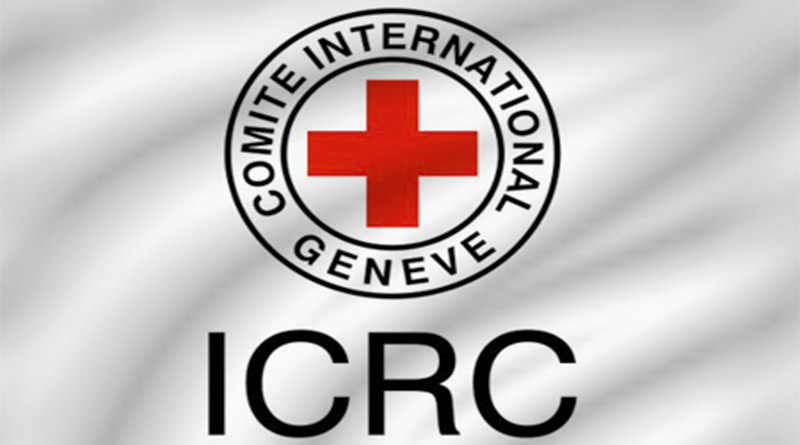Why was International Committee of the Red Cross Awarded the Nobel Prize for Peace in 1944 ?
Unveiling the Heroic Acts and Humanitarian Efforts That Earned the International Committee of the Red Cross the Nobel Peace Prize in 1944
The Noble Recognition: International Committee of the Red Cross and the 1944 Nobel Peace Prize
In the midst of the tumultuous and ravaging years of World War II, the International Committee of the Red Cross (ICRC) stood as a beacon of humanity and compassion. In 1944, their unwavering commitment to alleviating the suffering caused by war was acknowledged with the prestigious Nobel Peace Prize. This recognition not only honored their past contributions but also highlighted the critical role played by humanitarian organizations in times of conflict.
 Humanitarian Efforts Amidst Chaos
Humanitarian Efforts Amidst Chaos
The years leading up to the awarding of the Nobel Peace Prize to the ICRC were marked by unprecedented global upheaval. World War II had unleashed devastation on an unprecedented scale, leading to immeasurable suffering for civilians and soldiers alike. In such a grim scenario, the ICRC emerged as a guiding light, dedicated to providing aid, relief, and solace to those affected by the horrors of war.
Neutrality and Compassion
One of the key principles of the ICRC was its strict adherence to neutrality and impartiality. This commitment allowed the organization to access conflict zones and provide assistance to all sides without bias. By maintaining a stance free from political affiliations, the ICRC created a safe space for dialogue, negotiation, and the delivery of essential supplies to war-ravaged regions.
Protection of Civilian Populations and Prisoners of War:
The ICRC’s dedication to upholding the rights and dignity of prisoners of war was particularly noteworthy. Their efforts to monitor the treatment of prisoners, ensure their well-being, and facilitate communication with their families brought a glimmer of humanity to the darkest of times. Moreover, the ICRC’s support for civilian populations caught in the crossfire of war played a crucial role in mitigating suffering and fostering hope.
Role in Promoting International Humanitarian Law
The ICRC’s work extended beyond immediate relief efforts. The organization played a pivotal role in the development and promotion of international humanitarian law, laying the groundwork for the Geneva Conventions. These conventions established a framework for the protection of individuals affected by armed conflict, ensuring that even in the chaos of war, certain fundamental rights would be upheld.
The Nobel Peace Prize: A Testament to Dedication
In 1944, the Nobel Peace Prize was awarded to the ICRC as a recognition of their relentless efforts to alleviate human suffering in the midst of one of the darkest periods in history. The prize acknowledged the organization’s unwavering commitment to neutrality, compassion, and the pursuit of peace, even amidst the horrors of war.
Legacy and Ongoing Impact
The recognition of the ICRC with the Nobel Peace Prize in 1944 highlighted the indispensable role played by humanitarian organizations in times of conflict. The organization’s dedication to alleviating suffering and upholding human dignity continues to inspire generations of aid workers, diplomats, and individuals committed to making the world a better place, even in the face of adversity.
The International Committee of the Red Cross’ receipt of the Nobel Peace Prize in 1944 stands as a testament to the power of compassion, neutrality, and humanitarian action. Their efforts during World War II and beyond serve as a reminder that even in the darkest of times, the light of humanity can shine through, offering solace, support, and the promise of a better tomorrow.




